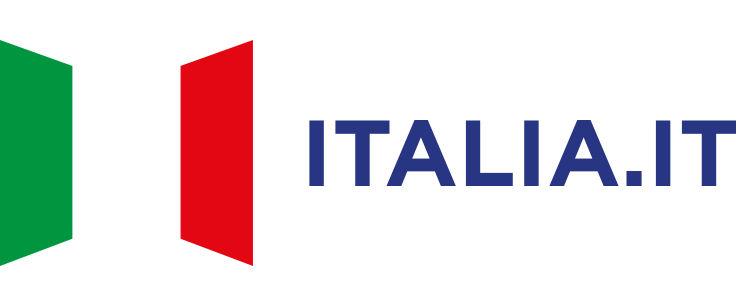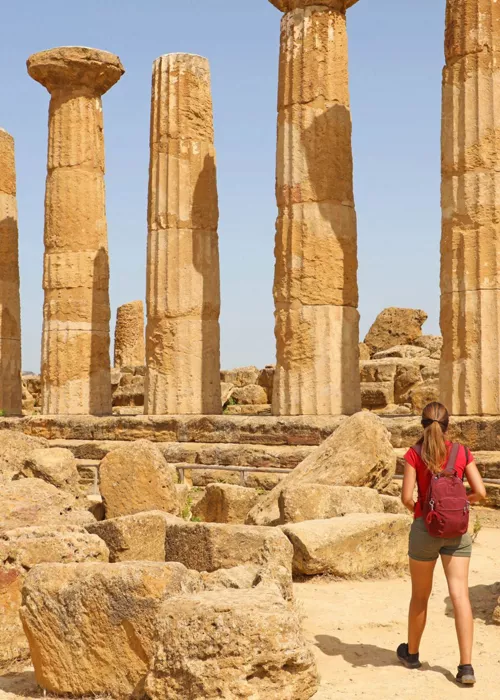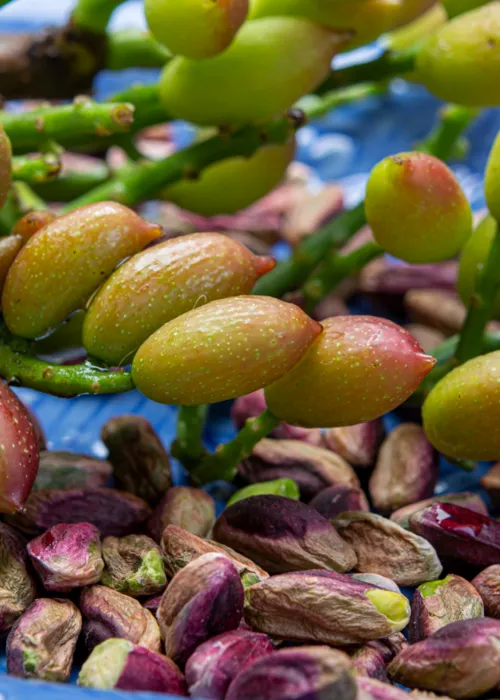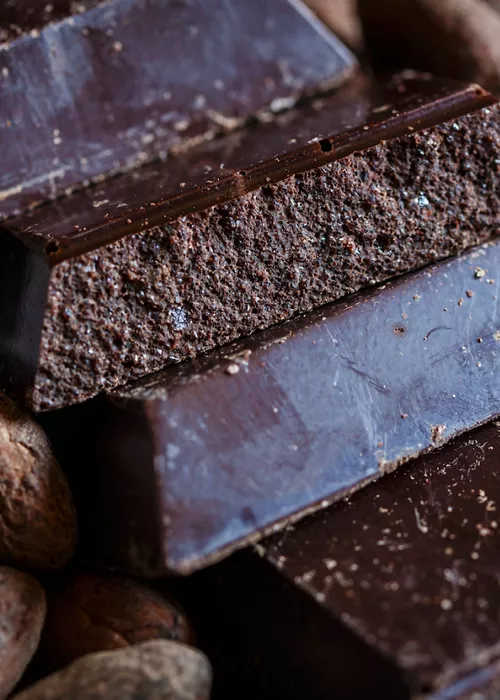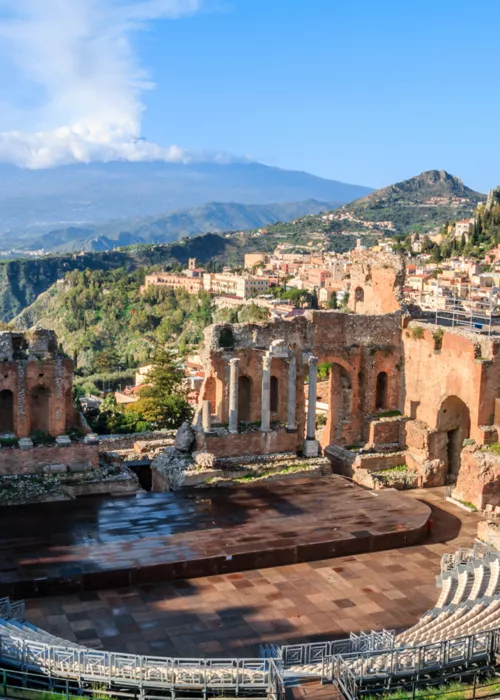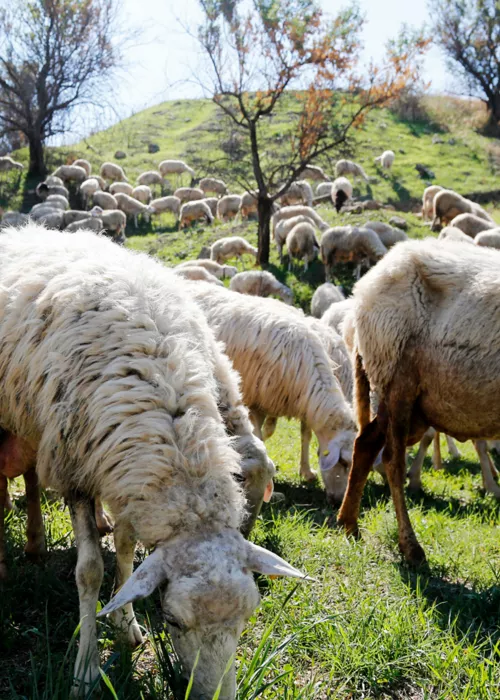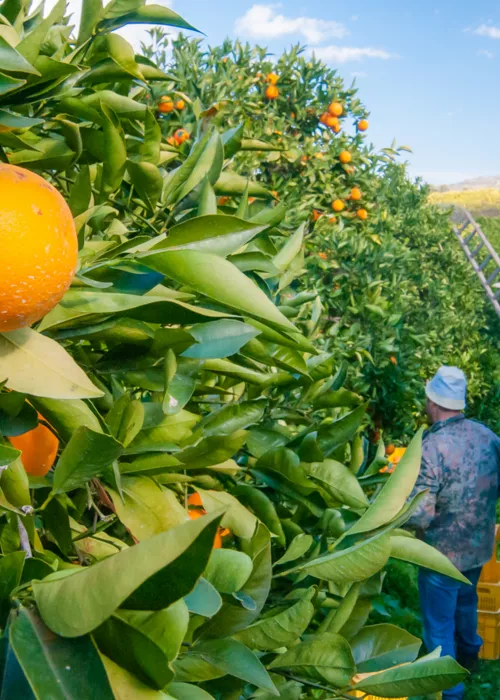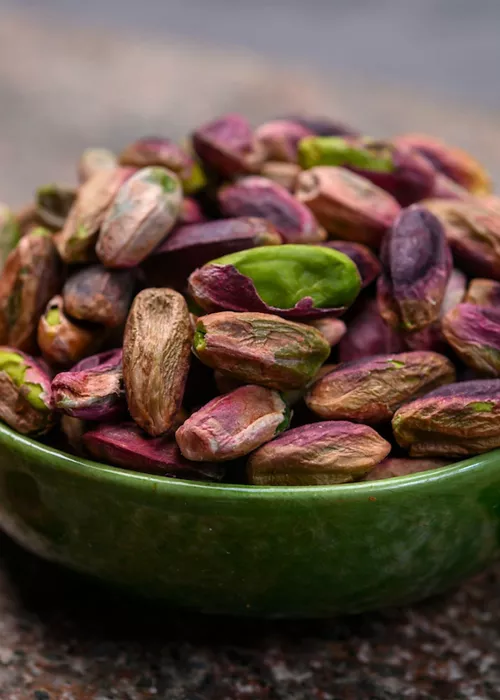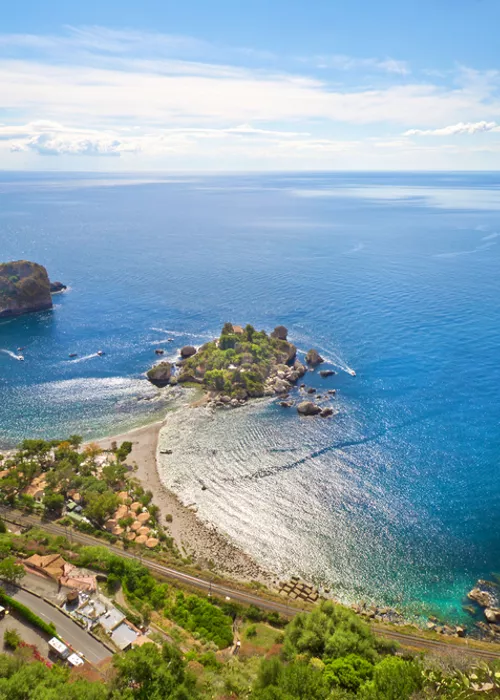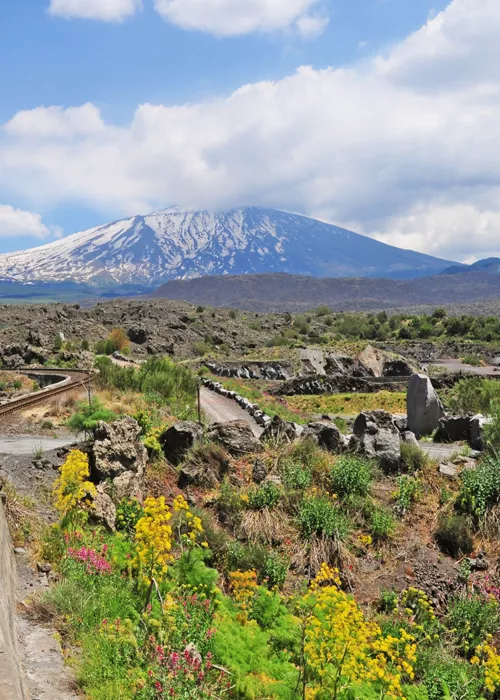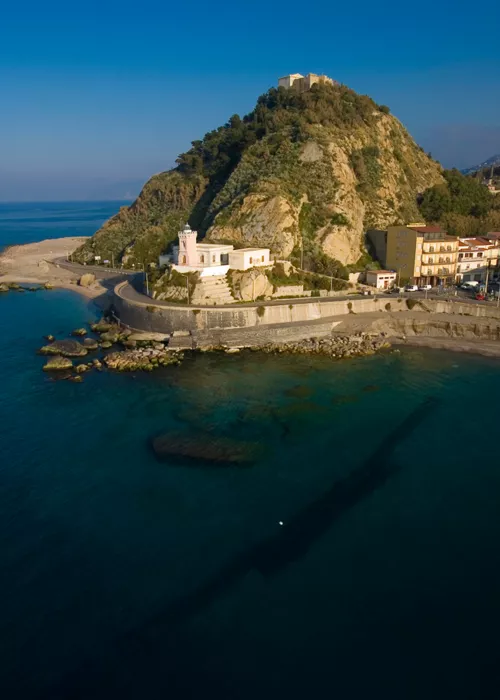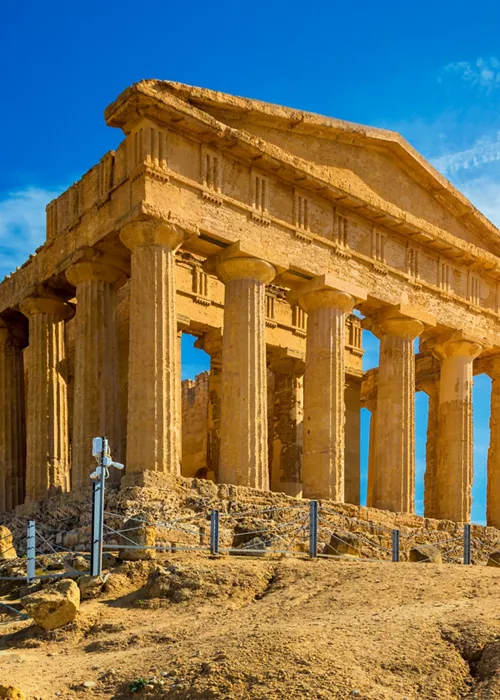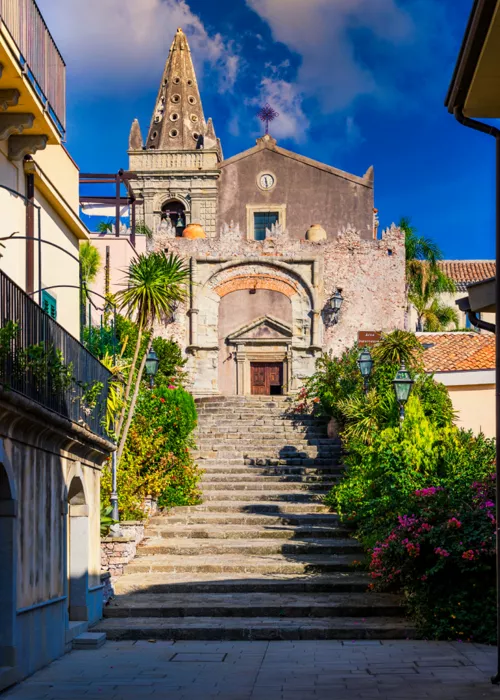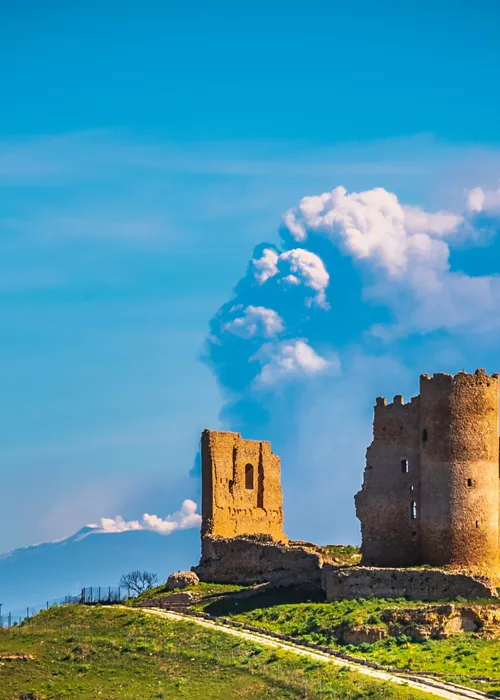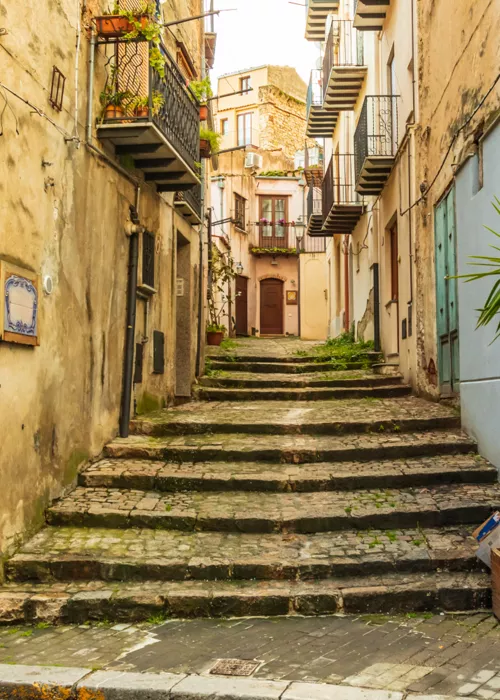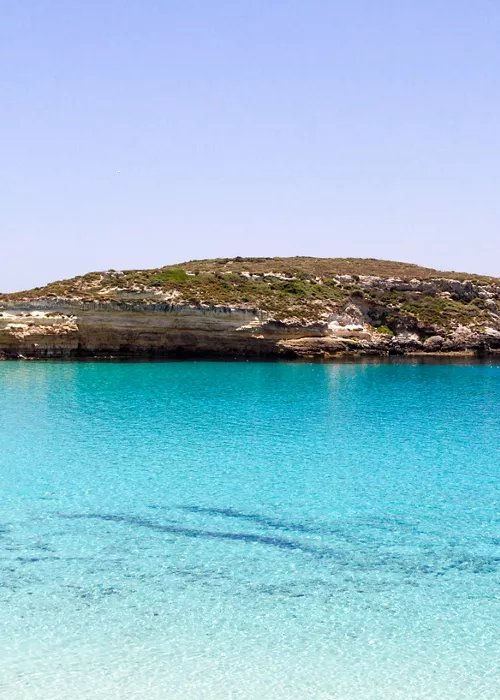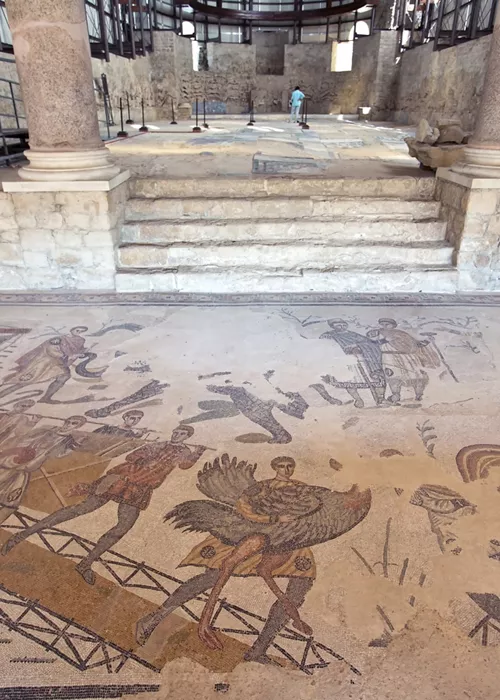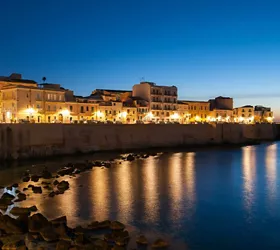The Mediterranean Diet
1 minute
More than just a dietary regimen, the Mediterranean Diet is a true way of life that encompasses centuries of history, tradition and knowledge passed down. Included in the UNESCO Intangible Cultural Heritage of Humanity list in 2010, it represents a sustainable model from every point of view: healthy, cultural, environmental and social. In Sicily, this way of life finds one of its most authentic expressions, thanks to the richness of biodiversity, the deep connection with the land and a gastronomic culture that focuses on simplicity, seasonality and conviviality.
A healthy and sustainable model

Numerous scientific studies have confirmed the health benefits of the Mediterranean Diet: it reduces the risk of cardiovascular disease, type 2 diabetes, obesity and some types of cancer. At its base are fresh, minimally processed foods consumed with balance: seasonal fruits and vegetables, whole grains, legumes, fish, extra virgin olive oil, herbs, and moderate consumption of meat and dairy products. But the Mediterranean Diet is not just “what you eat,” but also “how you eat”: in company, slowly, with care and gratitude. It is a diet that respects the body, but also the environment, favoring local products and reducing ecological impact.
Sicily and the soul of the Mediterranean Diet.

In Sicily, the Mediterranean Diet is much more than a food choice: it is an integral part of cultural identity. From the tables of small rural villages to peasant traditions passed down through generations, every ingredient tells a story. Bread made from ancient grains, fragrant oil from centuries-old olive groves, sun-ripened tomatoes, blood oranges, blue fish from crystal-clear seas-everything contributes to a mosaic of flavors and knowledge. Sicilian cuisine, with its simple but rich recipes, fully expresses the values of the Mediterranean Diet: seasonality, balance, taste and attention to quality. A heritage that belongs not only to the past, but continues to be current and valuable for the future.
